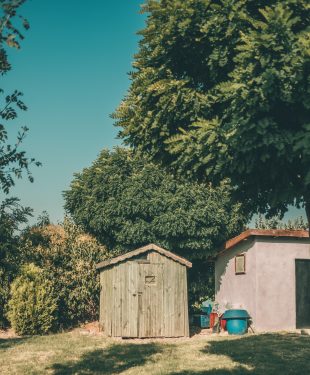
When you first start gardening, it can seem like there is a lot to learn, and you have a lot of questions. How and what kind of soil should you use to plant your vegetables? Does everything get enough water and sunlight? Nature is a great teacher, and that’s the good news. You’ll learn more about what works and what doesn’t as you garden. But for now, use this list of basic gardening tips to find answers that will help you. And don’t forget to have fun while you’re growing your own food and beautiful flowers in your yard.
You’ve more than likely heard the saying, “If you fail to plan, you’re planning to fail.” A person who wants to be a gardener should be able to make an annual plan as their first skill. This plan should include information about the types of seeds you’ll be planting, how long it will take for each one to grow and be ready to harvest, and the tools and schedule you’ll need to grow a lot of plants. It helps to set goals and build a framework that works.
Deadheading is a good thing to do with both annual and perennial plants. Because the purpose of annual plants is to flower, produce seeds, and die, taking off the old blooms tells the plant to make more flowers. Taking off dead flowers also tells the plant to put its energy into making stronger leaves and roots instead of making seeds.
Photo by on Pexels
When you’re a gardener, you’ll need tools, and those tools have to have a place to live – safely and securely. The best option is to have a custom built shed in your yard to ensure you know where everything is. You can lock the door to ensure no thieves get inside, and that also means it’s safer for pets and children too. A shed is also an excellent place to spend some time by yourself just reflecting on your garden – or anything else. So if you need a place to go to be alone, a shed could be the answer.
Some plants can grow quickly, but the truth is that everything takes time to grow, especially when it comes to fruits and vegetables. Some plants also go through a time when they bloom. There are also times when a seed you planted doesn’t grow at all or when pests threaten it. Keep trying, and get to know as many resources as you can so you can learn how to garden better.
Even though it might sound like a good idea to try to grow oranges at home, it will be hard to do so if you live in a mountainous area, for example. It’s important to choose plants that grow well in the area where you live. It gives you a better chance of being successful and cuts down on the amount of imported fertilizers that may need chemical help.
Read more lifestyle and food articles at ClichéMag.com
Images provided by Flickr, Unsplash, Pexels, Pixabay & Creative Commons



